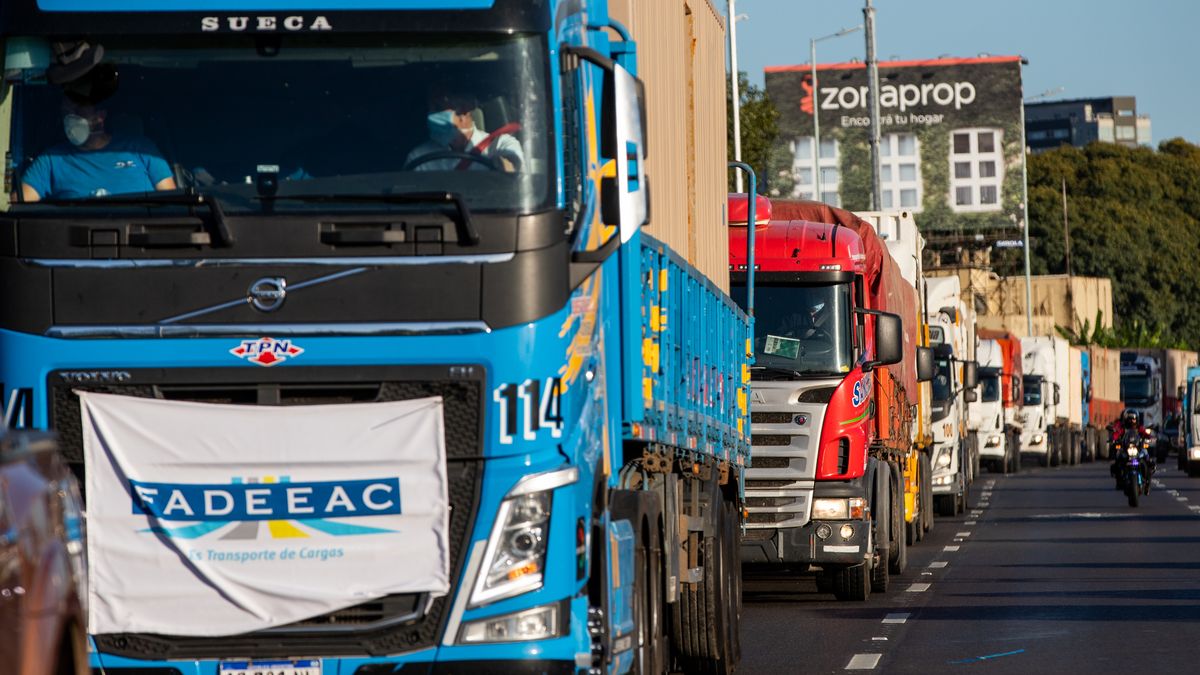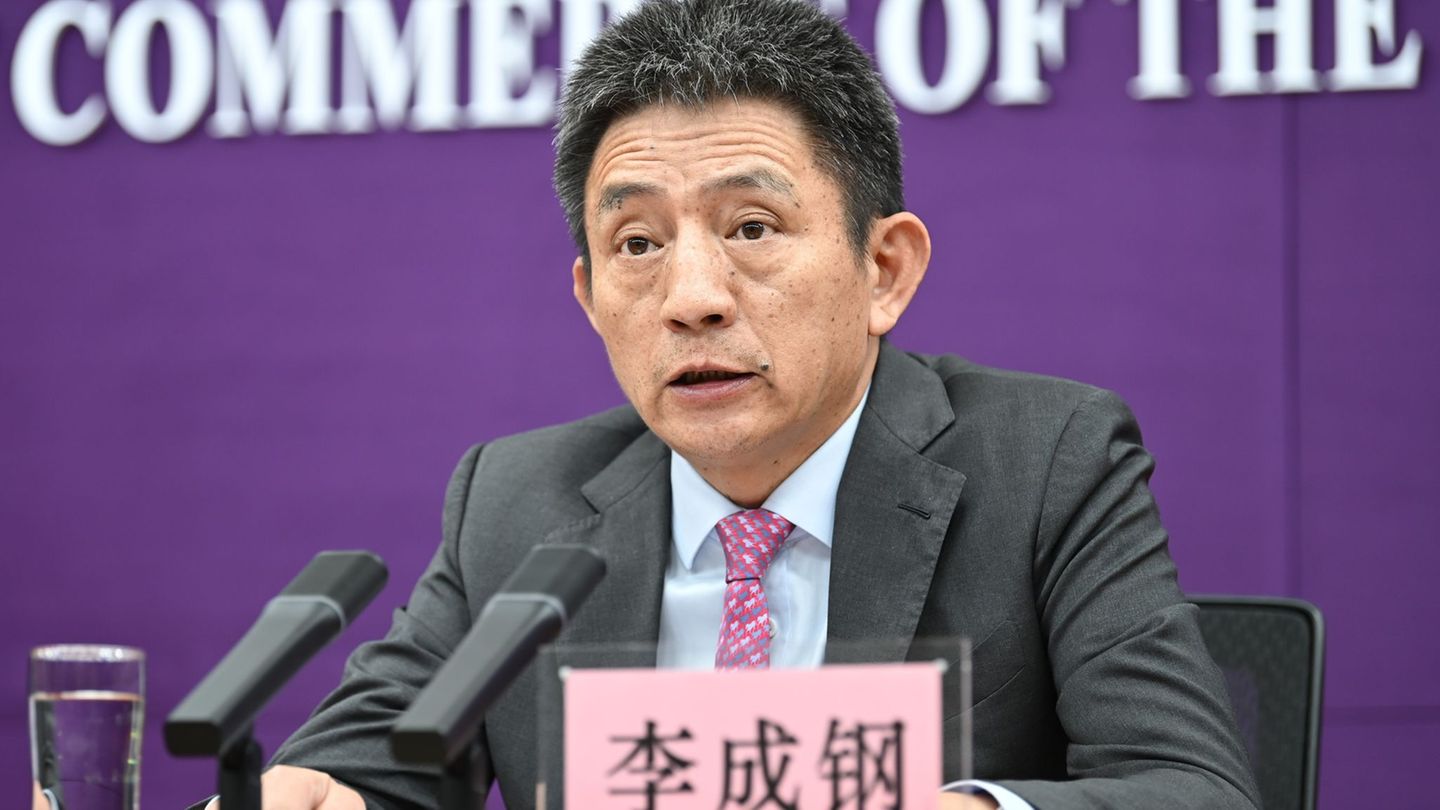“What we are looking for is federalism, that we get the YPF price at the same price as in Buenos Aires and that they fill the tank for the carriers because today they do not give you more than 100 liters to 200 liters at the slate price.”, he indicated in The Tribune. He indicated that those who need more fuel should do so at 200/230 pesos per liter. He remarked that the sector he represents aims to “get the same price as the Federal Capital in Tucumán”. After the rise of 12% this week announced for diesel, in the city of Buenos Aires the common one went on to cost $128 and the premium $162.40.
The camera representing Reynoso is attached to the Argentine Federation of Freight Transport Business Entities (Fadeeac). This entity has been preparing a map on fuel scarcity. The carriers of Tucumán had launched a measure of force two weeks ago, but then it was suspended as part of a negotiation with Governor Osvaldo Jaldo. Now, with the problems still unsolved, they will take the measure of force.
The carrier added that in the current situation the sector is not being competitive and cannot work normally. “We want to transfer at our rate [el mayor costo como en el gasoil] and our customers do not accept it. So, we are not being competitive,” he stated.
“There is going to be no cargo transport activity, we are not going to block any route, company,” he remarked about the force measure. “It is only a protest for equality, let’s say for federalism,” he said to reiterate that they demand to pay for diesel the same value as the slate in Buenos Aires.
the official answer
Recently, the government raised the biodiesel cut to 7.5% in diesel, plus an additional 5% exceptionally for 60 days to achieve greater fuel supply.
At the Casa Rosada, they estimated that due to the rise in the cut, the local supply of diesel will increase by about 90,000 cubic meters per month, which in agriculture they calculate is insufficient. In turn, the The Government allowed hydrocarbon companies to deduct the tax burden of the Tax on Liquid Fuels on imported diesel, thus allowing to alleviate the pressure on import costs. The other measure that was analyzed -and it is not ruled out to apply it in the future- is to exempt the refiners from paying the prior tariff to dispose of the product in the market. This is a fee that is paid before the shipment arrives ashore to avoid payment defaults. To put this benefit into practice, you do not need a DNU.
In a first stage, in the next 10 days, the production of biodiesel will grow to 75,000 m3 per month and will serve to appease -in part- the excess demand for diesel in the Interior, mainly in the North of the country. Despite the price adjustment, due to the shortage that reigns, a liter of “blue diesel” was paid $289 and could jump to $300 this week, the sixth in a row of shortages. Full normalization could only be seen in 15 days.
Source: Ambito
David William is a talented author who has made a name for himself in the world of writing. He is a professional author who writes on a wide range of topics, from general interest to opinion news. David is currently working as a writer at 24 hours worlds where he brings his unique perspective and in-depth research to his articles, making them both informative and engaging.




